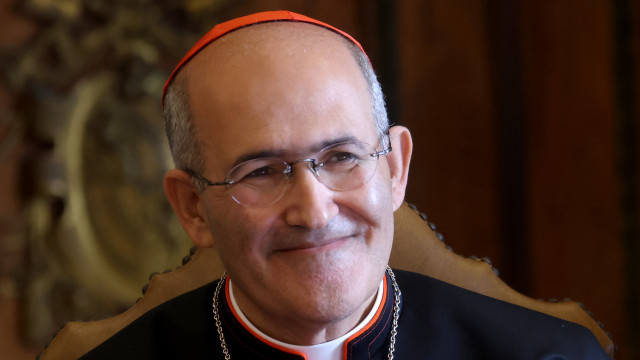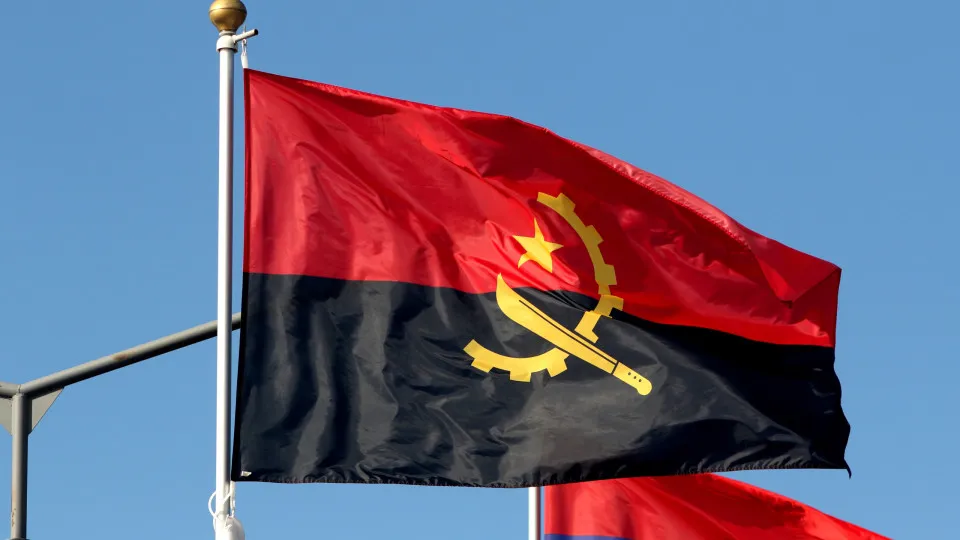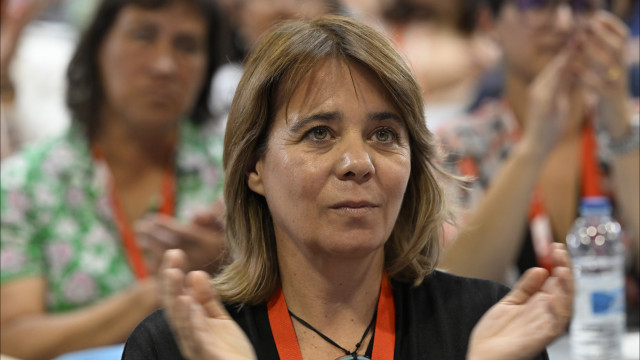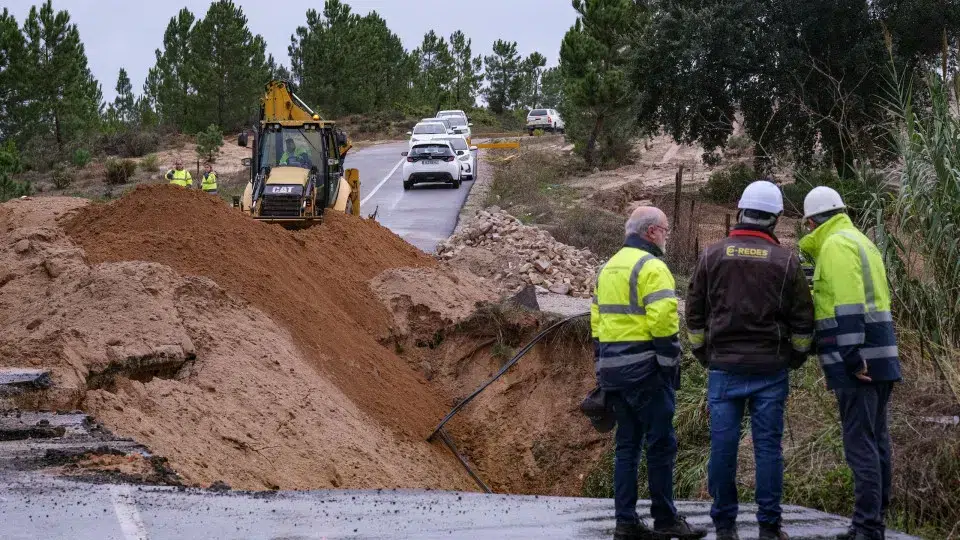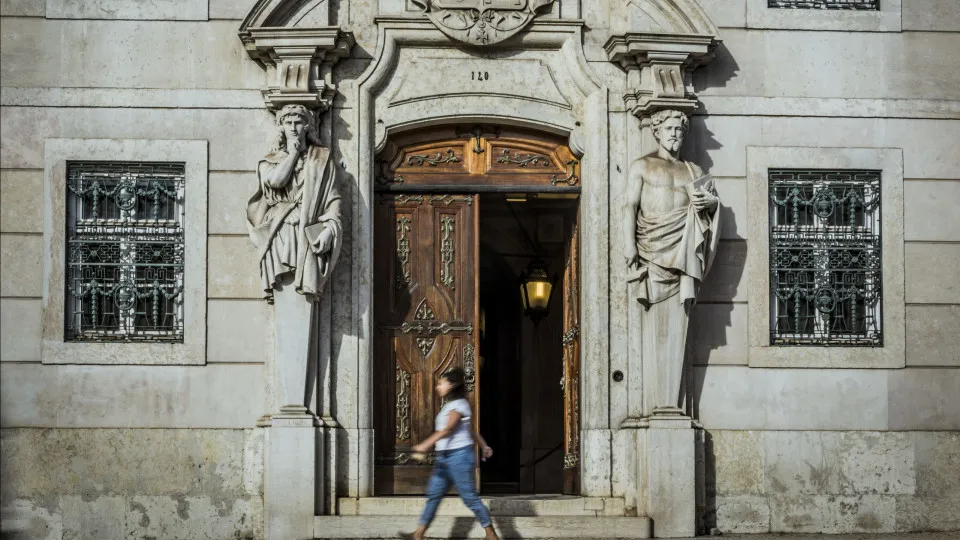
The former Prime Minister, now serving as the President of the European Council, has been attempting for over a year to gain access to documents in which he is implicated. The Public Prosecutor’s Office (MP) maintains that the timing of the request’s submission is irrelevant to the decision to deny access due to the case being subject to judicial confidentiality.
“Legally, once judicial confidentiality is decreed, access to the case file is no longer possible, regardless of whether requests for access were previously submitted by those involved,” according to the Prosecutor General’s Office (PGR).
A statement published on the PGR’s official page, the Central Department of Investigation and Penal Action (DCIAP) notes that the investigation into António Costa was held at the Supreme Court of Justice (STJ) until April 10, 2024, due to his position as Prime Minister at the time, before transferring to the DCIAP on April 12.
“On April 17, 2024, the application of judicial confidentiality was determined, and judicial validation was requested. In light of this determination, a request for access to the file submitted by António Costa was denied, and he was notified of the decision by the Public Prosecutor’s Office,” the statement details.
Further clarification from DCIAP indicates that the decision to impose judicial confidentiality on the investigation “was judicially validated” and that “the investigation remains under both internal and external confidentiality, making it inaccessible for consultation.”
The former Prime Minister has reportedly made four failed attempts to access the documents in question.
António Costa provided testimony at the DCIAP on May 24, 2024, to prosecutor Rita Madeira, under the status of a witness, without being formally charged.
Within the same clarification from the PGR, it was stated, “In the so-called ‘Universe Influencer,’ there is, nor has there ever been, any stalled inquiry.”
“All analyzable documentation is under review, performed by team members. Investigations are progressing at different stages, with some areas significantly advanced,” the PGR mentioned.
The investigation was divided into three parts, by a decision of then Prosecutor General Lucília Gago, focusing respectively on the Sines data center, lithium concessions in Montalegre and Boticas, and the hydrogen production project in Sines.
The DCIAP reminded that “there are still segments of evidence inaccessible to the investigation, due to procedural requirements and/or the exercise of defense rights by those involved, notably regarding lawyers’ emails.”
Prosecutor General Amadeu Guerra stated on November 7 that the “Operation Influencer” case had a pending appeal at the Lisbon Court of Appeal concerning access to information in emails seized from lawyers, unaware that a decision had already been made, ruling in favor of the defendants and leaving the MP without access to the emails.
The PGR also notes the case’s urgency was declared before the case was split into three inquiries, with this urgency being renewed after the division, ensuring that procedural acts occur during judicial holidays without suspending deadlines, which has indeed occurred.
On November 7, 2023, five individuals, including the former chief of staff to ex-Prime Minister António Costa, Vítor Escária, were arrested and subsequently released in connection with “Operation Influencer.”
Investigations pertain to suspected crimes in the construction of a data center in Sines, Setúbal district, lithium extraction in Montalegre and Boticas, Vila Real district, and hydrogen energy production in Sines.
The case resulted in the downfall of António Costa’s government (PS), with the now President of the European Council being considered a suspect without formal charges.
[Updated at 20:52]

